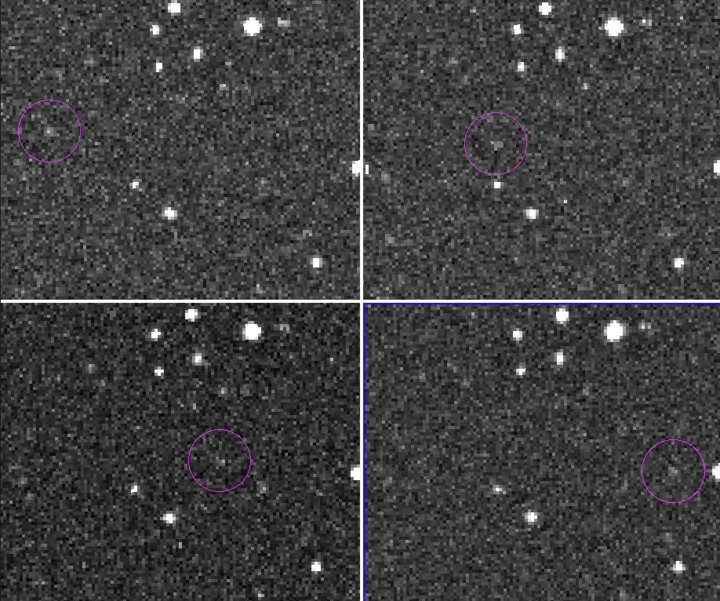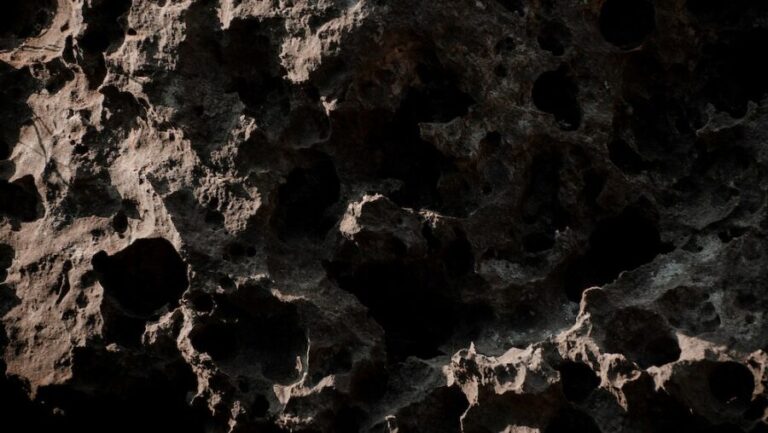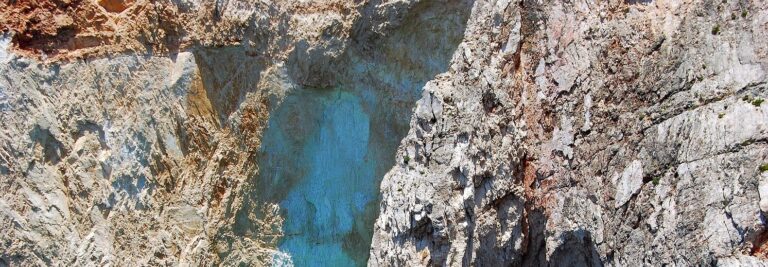
Audience
- Sentiment: Neutral
- Political Group: Moderate
- Age Group: 18-34
- Gender: Male
Overview
- Asteroid 2024 YR4 has a 2.3% chance of impacting Earth in 2032, but a 97.7% chance of missing.
- Asteroid tracking is crucial for planetary safety, with scientists continually refining their observations.
- Experts emphasize there’s no cause for alarm, as space agencies have plans for monitoring and deflecting potential threats.
Asteroid 2024 YR4: Understanding the Odds of Impact with Earth
Hey everyone! Today, we’re diving into the fascinating world of space and asteroids, particularly one named 2024 YR4. Now, I know what you might be thinking: “An asteroid? That sounds boring!” But stick with me here because this isn’t just any ordinary rock floating in space; it might have our planet in its sights! Okay, not our planet specifically, but there’s a much higher chance than before that it could come pretty close. Let’s break it down together.
What’s the Big Deal About Asteroids?
Before we jump into the specifics about 2024 YR4, let’s talk about asteroids in general. Asteroids are like the leftovers from the formation of our solar system. Picture this: about 4.6 billion years ago, our solar system was a chaotic mess of gas and dust spinning around. Some of that dust clumped together to form the planets, while other bits ended up as asteroids. Most of these rocky bodies hang out in the asteroid belt between Mars and Jupiter. But sometimes, these asteroids wander off from their spots and head towards Earth.
Now, you might be wondering why we should care about asteroids crashing into our planet. Well, when they collide with Earth, they can cause significant damage! If a big enough asteroid hits, it could lead to massive tsunamis, wildfires, or even changes to our climate. This has happened before in history, and we don’t want it to happen again (looking at you, dinosaurs). So, asteroid tracking and monitoring are crucial to keeping our planet safe.
Enter Asteroid 2024 YR4
So, what about this specific asteroid, 2024 YR4? Astronomers have been eyeing it for a while. As of now, its chances of impacting Earth in 2032 have increased to 1 in 43, which means there’s a 2.3% chance of it actually hitting our planet. Now that might sound scary at first—who wants to deal with space rocks falling from the sky?—but hang on! There’s still a 97.7% chance that it will miss us completely.
Here’s where things get a little technical, but I promise it’s interesting. David Rankin, an asteroid hunter (yes, that’s a real job!), explains that the odds can change. Why? Because astronomers are always refining their observations and understanding of this asteroid’s orbit. The path that asteroids take can be affected by many things—from the gravitational pull of nearby planets to even other asteroids. So it’s entirely normal for the odds to look shaky when we’re just starting to monitor a new asteroid like 2024 YR4.
The Science Behind the Odds
You might wonder how scientists come up with these probabilities. Well, it involves lots of math, telescopes, and careful observation. When an asteroid is first discovered, its path isn’t perfectly clear, and scientists have to watch it over time to understand where it’s going. Think of it like trying to predict where someone riding a bike will go. If you can only see them for a moment, it’s tough to guess if they’ll turn left or right. You need to watch them for a while to figure it out!
For 2024 YR4, astronomers are gathering more data to give us a clearer picture of its trajectory. They expect to have a more refined understanding by 2028. Imagine the anticipation—like waiting for the next season of your favorite show! In the meantime, though, it’s essential that we don’t panic. While the odds seem to have doubled, that is just part of the process. Scientists are good at dealing with uncertainty; it’s part of their job!
No Cause for Alarm
Many experts emphasize that there’s no reason to be alarmed about asteroid 2024 YR4. Yes, a 2.3% chance of impact seems significant when you say it out loud, but in the grand scheme of things, there are much bigger worries! For instance, every day, thousands of other space rocks zoom past Earth without causing any harm. And even if 2024 YR4 were to hit, it might not be the cataclysmic event some movies make it out to be.
Let’s take a step back: What happens if an asteroid actually heads towards Earth? Space agencies, like NASA, have various plans for monitoring and potentially deflecting asteroids that pose a threat. They’ve even tested some technology to help redirect asteroids! For example, the double asteroid redirection test (DART) successfully altered the orbit of a smaller asteroid in 2022. So if 2024 YR4 does start heading our way, there’s still hope!
What Can You Do?
While scientists do the heavy lifting in tracking objects like asteroid 2024 YR4, there are things you can do too! Staying informed is key. Science is all about asking questions and learning. Follow reputable news sources that cover space exploration and asteroid tracking. You can even follow organizations like NASA for updates! They often have cool articles and videos that explain complex subjects in a fun and engaging way.
And let’s not forget about sharing the knowledge! If you learn something interesting about asteroids or space exploration, share it with your friends. Who knows, you might spark a conversation or even a group project about our solar system!
Final Thoughts
Asteroid 2024 YR4 is a reminder of how mysterious and exciting our universe can be. While the changes in its impact odds bring a little uncertainty, they also highlight the remarkable work that scientists do every day to keep us safe. The odds may increase, decrease, or fluctuate, but the excitement of exploring the unknown remains constant.
So, what do you think about the fate of asteroid 2024 YR4? Are you worried, or do you find it more exciting than frightening? Have you ever thought about what life on Earth would be like if a big asteroid were to hit? Share your thoughts in the comments below! Let’s get the conversation going about our solar system and the incredible adventure of space exploration.






